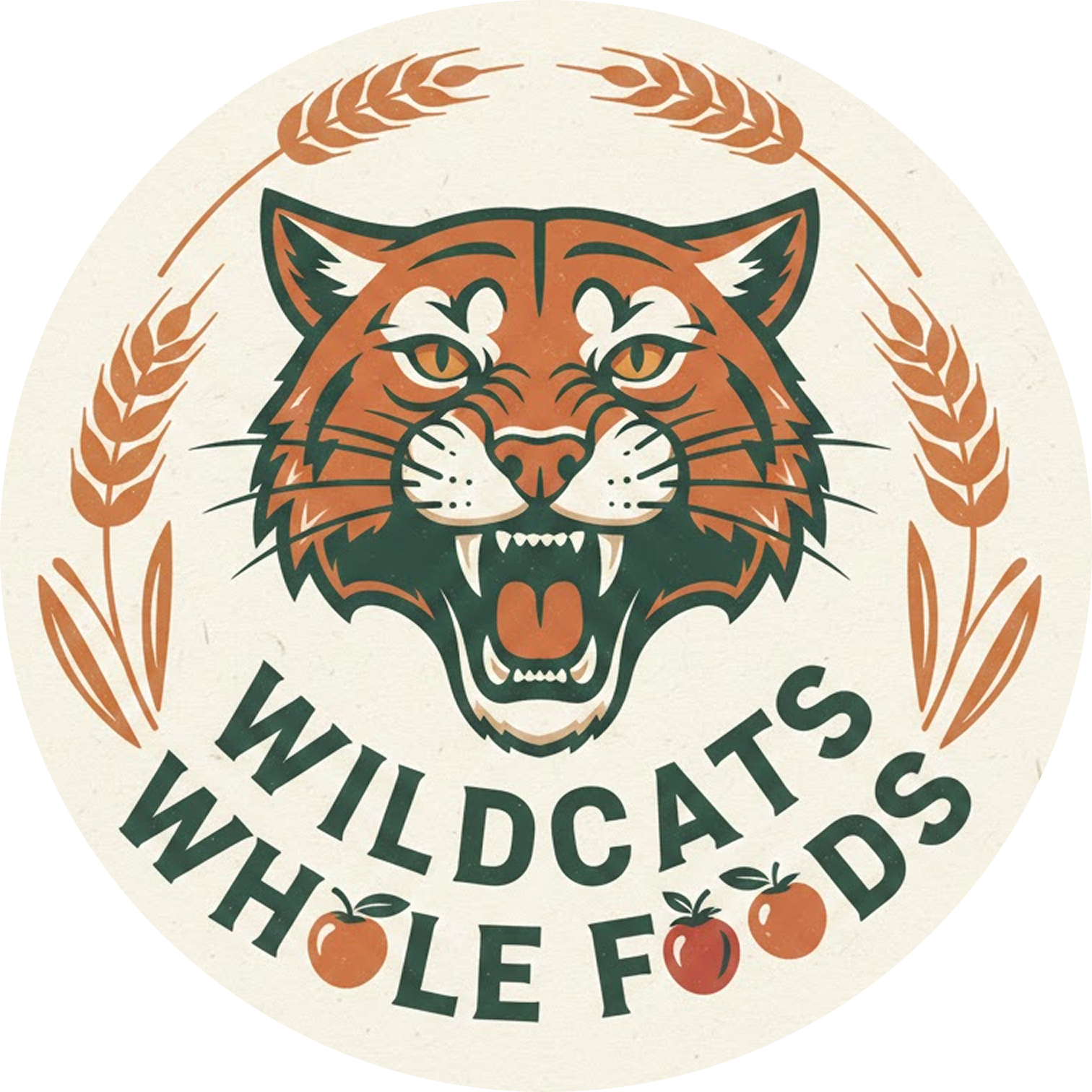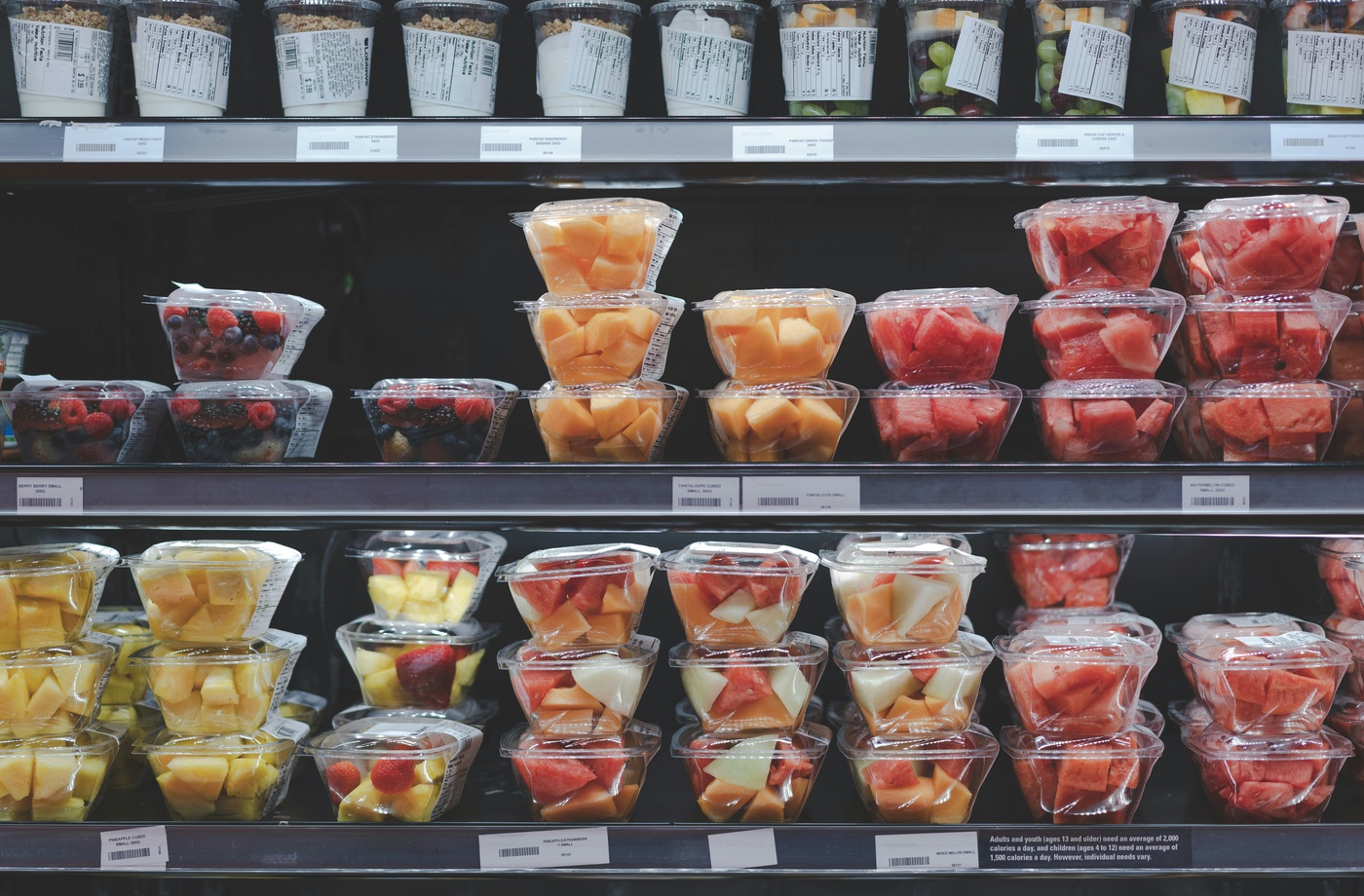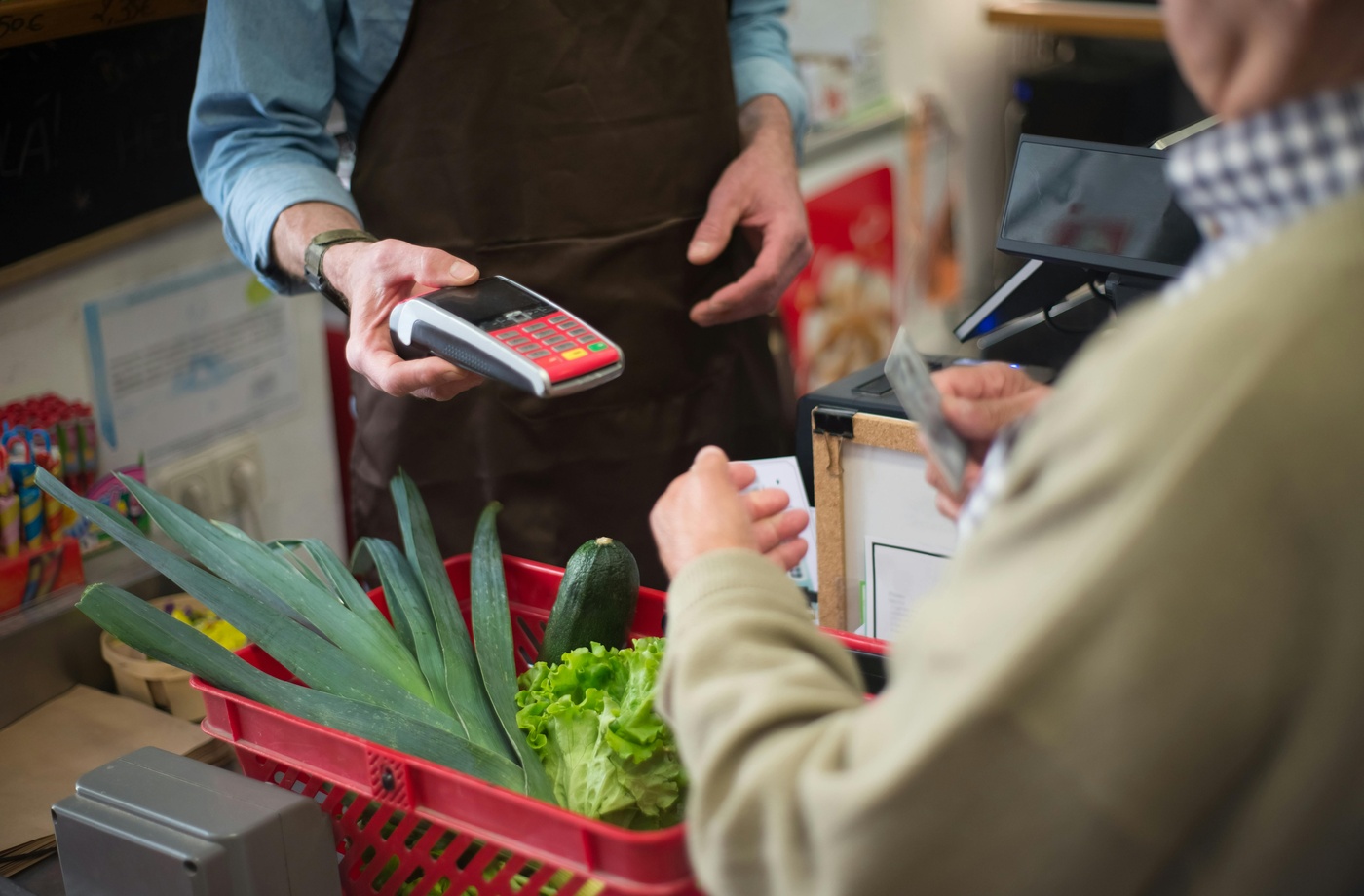Organic and natural groceries are often associated with better health—but also higher price tags. Fortunately, you don’t need to sacrifice clean eating to stay on budget. With the right strategies, you can shop smarter, find organic grocery deals, and even earn cashback on natural products.
Here’s how to make organic shopping more affordable while still prioritizing quality.
Shop store-brand organics
Major grocery chains now offer their own organic lines, which are typically 20–30% cheaper than national organic brands. These private labels follow the same USDA Organic certification standards but cost less due to lower marketing expenses. These in-house brands offer pantry staples, produce, and dairy options at accessible price points.
Use cashback and rebate apps for organic items
Many cashback apps now include rebates on organic or natural products, especially for well-known health brands.
- Ibotta frequently features offers for products like Annie’s, Applegate, and Chobani
- Fetch Rewards gives points for scanning any receipt and offers brand-specific bonuses
- Rakuten can be used when ordering from organic retailers online, such as Vitacost or Thrive Market
Additionally, you can earn cashback with a Whole Foods gift card or get rewards with a Safeway gift card when purchasing through Fluz. These cards can be applied at checkout, in-store or online, for instant savings on natural groceries.
To explore grocery retailers offering cashback gift cards, visit the Fluz homepage.
Buy organic strategically—not everything has to be
Not every item in your cart needs to be organic. Use the Environmental Working Group’s Dirty Dozen and Clean Fifteen list to guide what’s worth buying organic and what’s safer to purchase conventionally. Prioritize organic versions of items like strawberries, spinach, and apples, while saving on foods with lower pesticide exposure like avocados or sweet corn.
Shop farmer’s markets near closing time
Local farmer’s markets are a great place to score fresh, often organic produce at lower prices. Visit near the end of the day when vendors are more likely to offer discounts to clear remaining inventory. Be sure to bring cash or a payment app and ask if sellers offer bulk deals.
Check sites like LocalHarvest.org or USDA Farmers Market Directory to find a market near you.
Buy in bulk when possible
Staples like organic oats, brown rice, beans, and flour are often more affordable when purchased in bulk. Natural food stores like Sprouts Farmers Market and Natural Grocers offer extensive bulk sections with reusable container options, further reducing cost and packaging waste.
Final thoughts
You don’t have to overspend to eat well. By shopping smart, mixing in private-label organics, using cashback apps, and knowing when to buy organic vs. conventional, you can keep your grocery bill manageable while maintaining high standards. Saving money and eating clean no longer need to be opposites.




